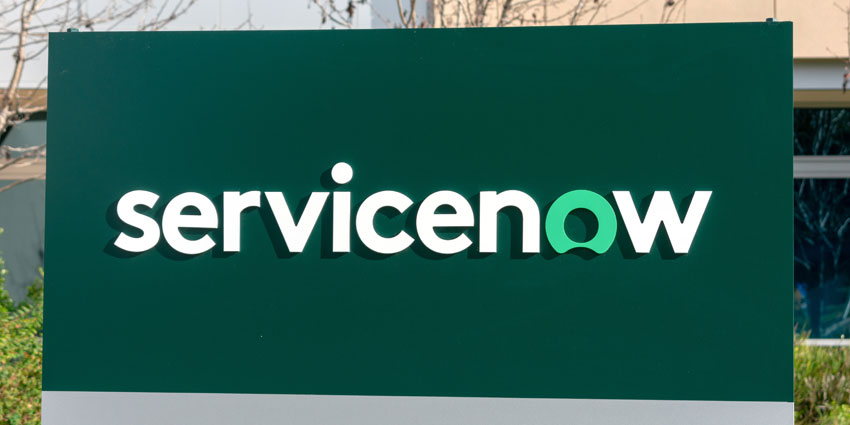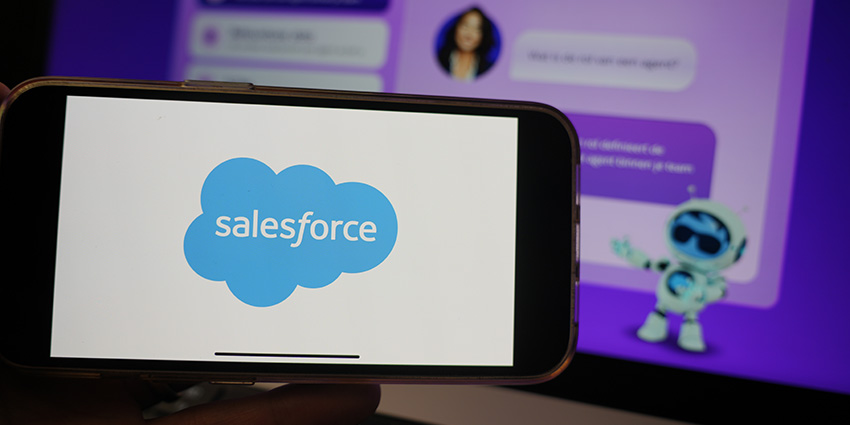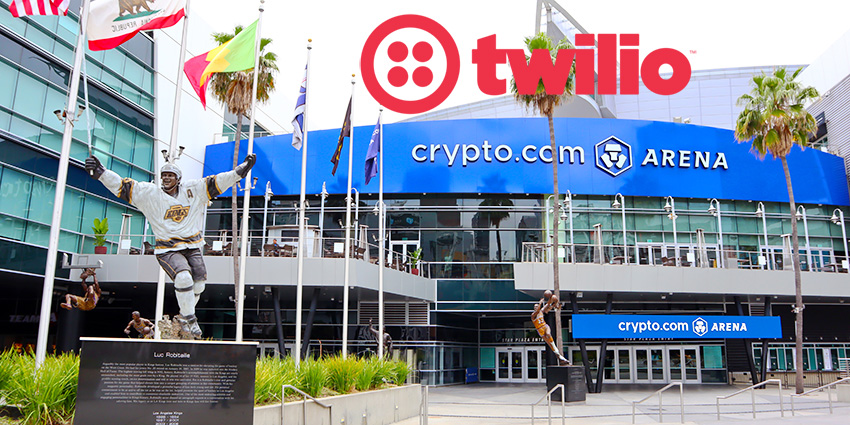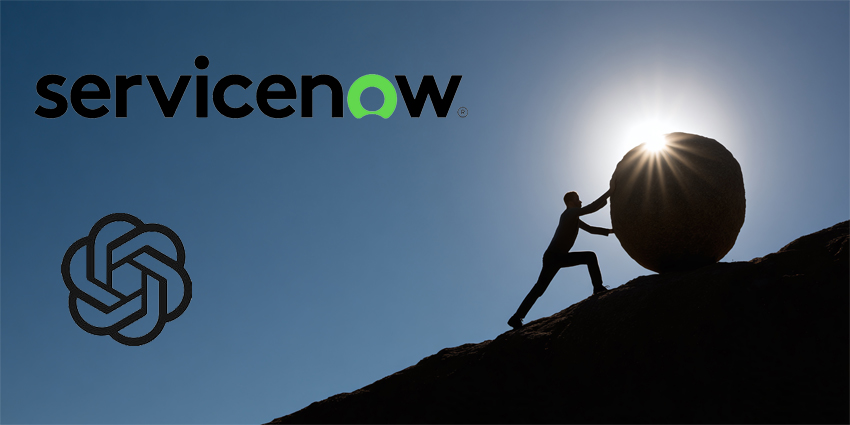ServiceNow announced its Unified CRM platform during its Knowledge 2025 event in May.
The platform has three compelling differentiators. First, it’s the only CRM to unify service, sales, and order management on one platform.
Second, ServiceNow’s workflow automation heritage allows for deeper connections that pull customer insights from the front and middle office, enabling a more data-rich CRM experience and complete customer view.
Third, most enterprise IT departments already rely on ServiceNow. As AI drives IT teams to play a bigger role in front-office buying decisions, they’ll naturally prefer a familiar platform, especially as AI agents rise to the fore.
Yet, despite these differentiators, some have concerns. For instance, there is typically more complexity involved in a ServiceNow CRM implementation than a Salesforce or Microsoft Dynamics 365 deployment.
When challenged on this in an interview with CX Today, Mark Ashton, VP EMEA for CRM at ServiceNow, pointed to ServiceNow’s preconfigured Industry Workflows that have helped lower complexity and accelerate time to value.
The fast development of these workflows is significant and will bolster ServiceNow’s objective to become “the CRM market leader”.
However, there remains another key concern with ServiceNow’s Unified CRM platform; there’s no marketing CRM. That means the front office cannot consolidate its CRM solutions and strategy with one vendor.
Addressing this, Ashton said: “We partner with Tenon, which has built a native ServiceNow application for demand marketing. It provides B2B and B2C marketing capabilities through the ServiceNow store.
“But, we’re investigating it (marketing) all the time,” he continued. “What I can say with confidence is that agentic AI enables us to reimagine what the experience could look like.
That’s the real strength of our platform: we have the data – what you’ve purchased and how you’ve used it – combined with workflow and the agentic AI capabilities. Together, these allow us to completely rethink what the marketing experience might be.
Also, despite leaning on Tenon for its current marketing capabilities, Ashton highlighted how ServiceNow is helping its customers converge their stack via other innovations.
For instance, he shared an example of one customer previously using Siebel, Salesforce, and other workflow technologies to move orders through a patchwork system – connected by middleware like MuleSoft – and eventually integrate with SAP for financial processing.
With ServiceNow, that customer didn’t just replace Salesforce but also the supporting infrastructure.
The $750MN Genesys Investment and What It Means for ServiceNow’s CCaaS Strategy
In late July, CCaaS stalwart Genesys announced it had received $1.5BN in investment from ServiceNow and Salesforce, each paying $750MN.
The move signalled confidence in the collaboration between ServiceNow and Genesys, which focuses on a shared offering: the Unified Experience from Genesys and ServiceNow.
That solution embeds critical CCaaS functionality into ServiceNow Customer Service Management (CSM), part of the ServiceNow Unified CRM.
Since its launch in 2024, ServiceNow has gone to market with similar CCaaS partnerships.
However, with the investment, it will keep working with Genesys on the future of CCaaS-CRM integrations, taking learnings from that, and inspiring further CCaaS collaborations. That may allow Genesys to help shape the future of CCaaS-CRM solutions.
Nevertheless, Ashton noted that ServiceNow will continue to collaborate and co-innovate with other major players, too.
“We focus on best-in-class CaaS vendors, including Genesys, NiCE, Five9, and partnerships with 3CLogic, AWS, and Zoom,” he said.
Ultimately, the goal is fully automated customer service and CRM engagement across platforms.
In fostering these relationships, ServiceNow doesn’t want its clients to buy a CCaaS platform and pay a team of consultants to show up and stitch the solutions together. Instead, the question is: how do we create a true end-to-end engagement?
With Genesys, ServiceNow is collaborating at an engineering level to build toward this.
Yet, as Ashton stressed, “Genesys is a flagship partner for us, given the investment we’ve made, but we’re also building these integrations with the other vendors I mentioned earlier.
“Customers have choice, and we want to be a strong partner for all of them, not just Genesys users,” he concluded.






